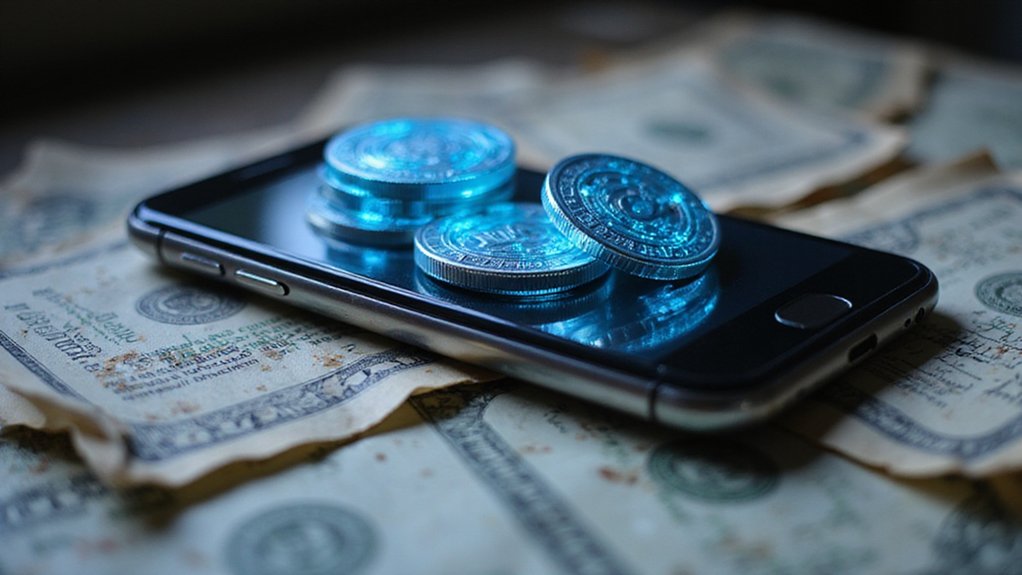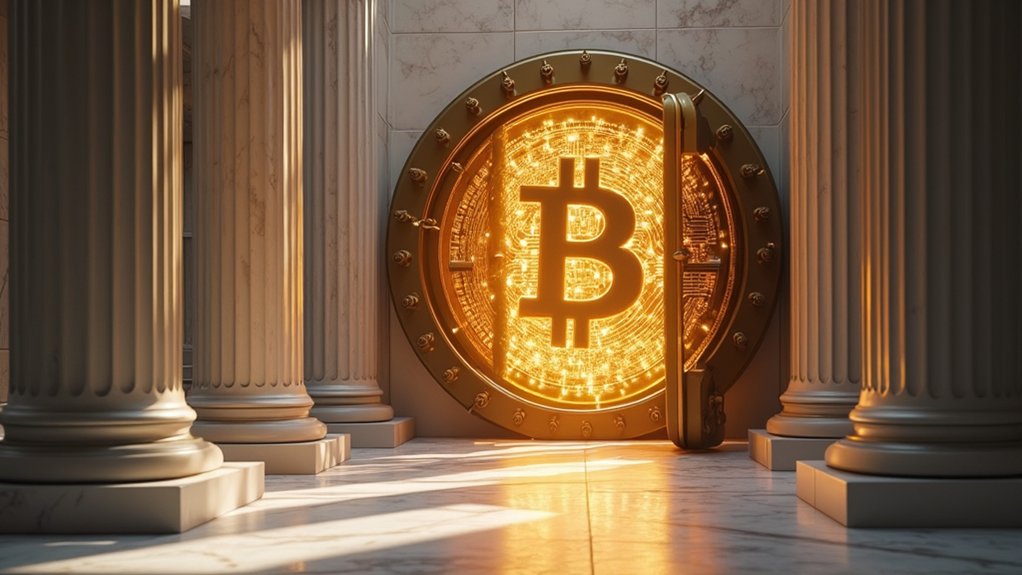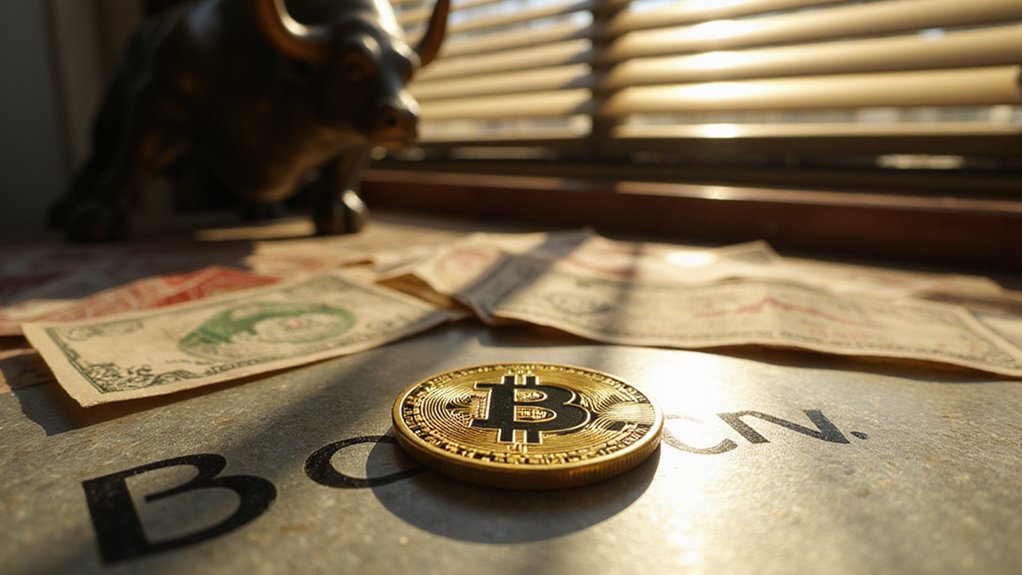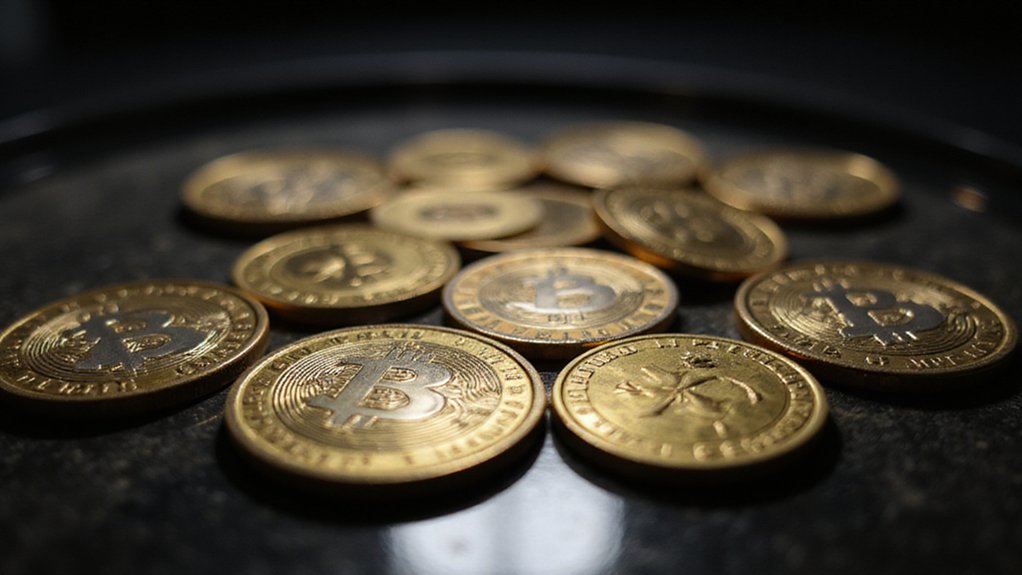While the crypto industry has spent years promising to revolutionize traditional finance, Kamino has quietly achieved something more pragmatic: making it possible to borrow against Apple stock in a DeFi protocol. The Solana-based lending platform has become the first major DeFi protocol to accept tokenized stocks as collateral, launching with AAPLx—a tokenized version of Apple shares backed 1:1 by real stocks held by custodians.
The integration represents more than clever financial engineering; it’s a fundamental shift in how traditional assets interact with decentralized finance. Through Kamino’s v2 architecture and dedicated xStocks Market, users can now collateralize tokenized equities to access stablecoin loans, expanding beyond the typical crypto collateral playbook of ETH and BTC.
A fundamental shift enabling tokenized equities as collateral, expanding DeFi beyond traditional crypto assets like ETH and BTC.
The platform relies on Chainlink’s data standards to guarantee accurate on-chain representation and market data—a vital infrastructure piece that transforms corporate shares into viable DeFi building blocks.
This development positions Solana’s ecosystem as a pioneer in real-world asset integration, offering something traditional markets cannot: 24/7 availability and fractional ownership without the constraints of market hours or minimum investment thresholds. While entities like Kraken and Robinhood explore similar tokenized offerings, Kamino has pioneered the lending collateral application—a distinction that matters in a space where utility drives adoption.
The regulatory landscape, however, remains characteristically complex. Tokenized securities retain their legal classification as securities, creating compliance challenges that have restricted the product’s availability in markets like the U.S. and U.K. SEC officials continue emphasizing caution around tokenized securities, though Kamino proceeds with building what it describes as a compliant decentralized platform. The SEC oversees tokenized securities under existing regulatory frameworks, treating them with the same scrutiny as traditional securities offerings. Hester Peirce from the U.S. SEC expressed particular caution regarding tokenized equities, highlighting the ongoing regulatory scrutiny.
With nearly $3 billion in locked assets, Kamino’s diversification into tokenized stocks could attract traditional finance participants while potentially increasing Solana’s total value locked through new asset classes. The company plans to expand beyond Apple, adding Tesla and Microsoft to its tokenized offerings. Kamino’s broader vision includes creating a fully functional on-chain asset market where users can engage in exchange, mortgage loans, or margin trading.
Whether this convergence of TradFi and DeFi represents genuine innovation or simply adds another layer of complexity to an already intricate financial ecosystem remains to be seen.









